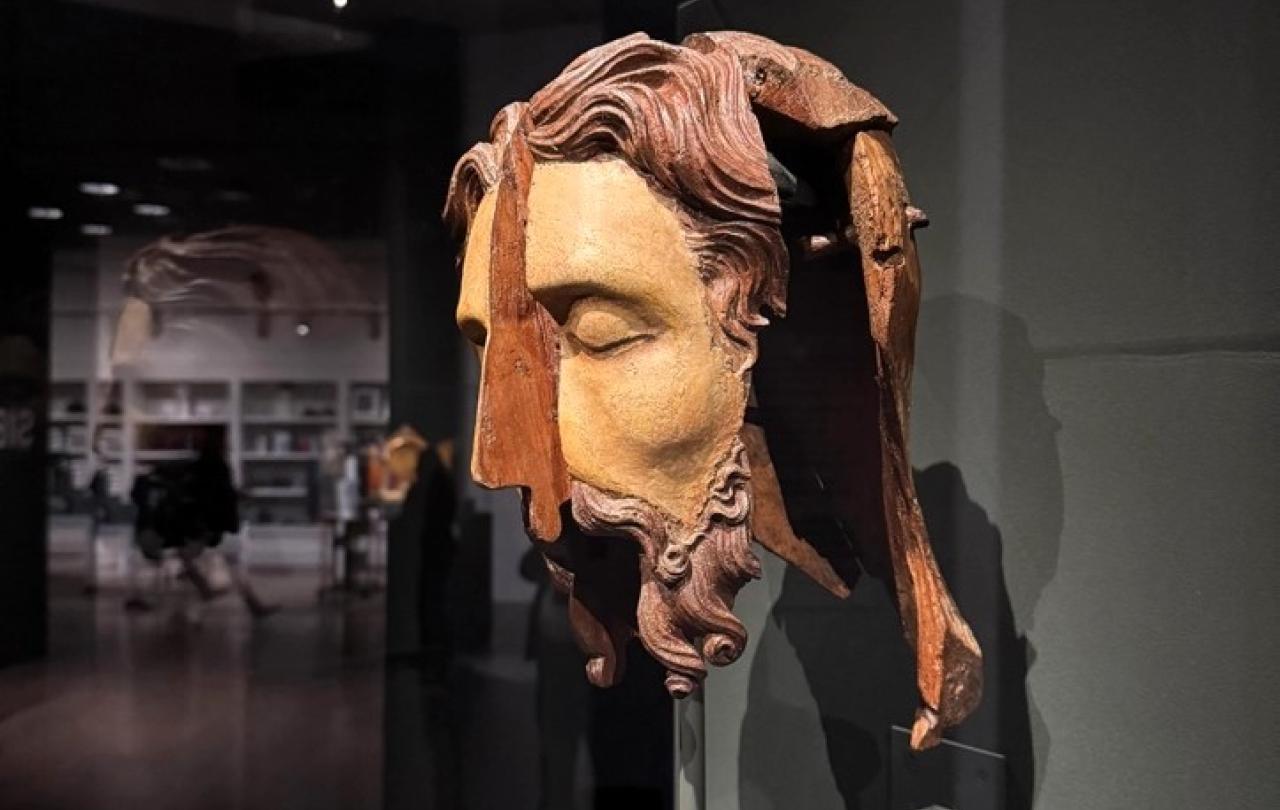
Since 2016, Spotify has offered its users an annual feature that gathers up and presents us with the details of our own usage, allowing us to look back over the year through the specific lens of our listening habits. While this may initially sound more than a little dull, it’s actually quite the piece of marketing genius. It’s the story of our 2024, as narrated by Spotify. The state of our souls, as outed by our devotion to Taylor Swift.
Every year, ‘Spotify Wrapped’ becomes more and more of a social ritual.
In fact, this year, people were actively waiting on it to happen, checking their app daily, longing for Spotify HQ to announce its 2024 arrival. News outlets were writing pieces on how to best engage with it – there were actual bets being placed on when the feature might drop. How crazy is that? Spotify Wrapped has become as synonymous with this time of year as advent calendars and getting Christmas decorations out of the attic.
Bravo, Spotify. I hope whoever thought the whole thing up has enjoyed one heck of a promotion.
Now, I’m very aware that this may be somewhat of a storm in a teacup, the teacup being Gen. Z. But it is a storm, nonetheless. And I think our ever-growing obsession with it has a lot to teach us about.. well… us.
Because what’s even more interesting is that these deeply personal insights Spotify are offering us, initially manufactured for our eyes only, are being plastered on social media. Spotify Wrapped has become a kind of soft-launch of our own brand, a low-stakes way of putting ourselves out there. Over the past days, thousands upon thousands of people have taken the data provided by Spotify and shared it with the world, sort of as a means through which they are sharing themselves with the world. Their top artists, the songs they’ve had on repeat, the number of minutes they’ve spent in the company of their favourite albums and podcasts - their listening habits have been served to us on a lime-green plate.
(I say ‘their’, not because I’m immune to the craving but more because my own data is too strewn with Taylor Swift and The Smiths for it to ever be something I’m eager to share with the masses).
And, I guess I have a simple question: why?
Why are we doing this? My instinct is telling me that the answer is an incredibly simple, albeit salient, one. My hunch is simply that we want to be known.
I think it’s utter genius wrapped in a guise of triviality. It underhandedly nudges us to acknowledge that we want to belong.
We have a nagging need to show people who we are, in the hopes that we’ll be repaid with acceptance. Approval, even. Admiration, if we’re really lucky.
It’s a symptom of what some (perhaps most notable, Charles Taylor) have labelled ‘expressive individualism’. We live in a cultural moment that tells us that we are tasked with discovering and defining who we are, it’s down to us. It’s the responsibility of each individual to build themselves up, from the inside out. And then we get to show the world what we have crafted – ourselves, made in our own image.
We get to be the masterpiece and the master, the creator and the created, the poet and the poem.
It sounds wonderfully freeing, doesn’t it? There’s just one problem, no person can actually bear the weight of such responsibility. It’s crippling.
And so, if, once a year, we can outsource this monumental task to a Swedish streaming platform – why wouldn’t we? For a brief moment, we can put our existential-crisis-in-waiting on hold, we can put our feet up, sigh with relief, and simply declare - I listen, therefore I am.
For one day only, we can let our music tastes define us, we can leave it to our streaming habits to imbue our lives with meaning.
We can rest.
I’m in no way belittling this. On the contrary, I appreciate it. I think that Spotify Wrapped shows us far more about each other (and ourselves) than how much Oasis we listened to this summer. I’m really grateful that it allows us to drop our façade for a moment, reminding us how much we long to know and be known, see and be seen, love and be loved. I think it’s utter genius wrapped in a guise of triviality. It underhandedly nudges us to acknowledge that we want to belong. And so, I’m not convinced it’s ‘individualistic’ behaviour at all - how about we call it a symptom of ‘expressive want-to-belong-ism’, instead?
Spotify Wrapped’s success is wild. It is a cultural moment, and its underlying heart-cry is a particularly loud one. Even louder than the three-thousand minutes’ worth of Beyonce I blared this year. Apparently.
Support Seen & Unseen
"If you were able to support us on Seen & Unseen with a regular gift of £5 or £10 a week, that would be a great encouragement for us and enable us to continue to produce the content we offer."
Graham Tomlin, Editor-in-Chief





